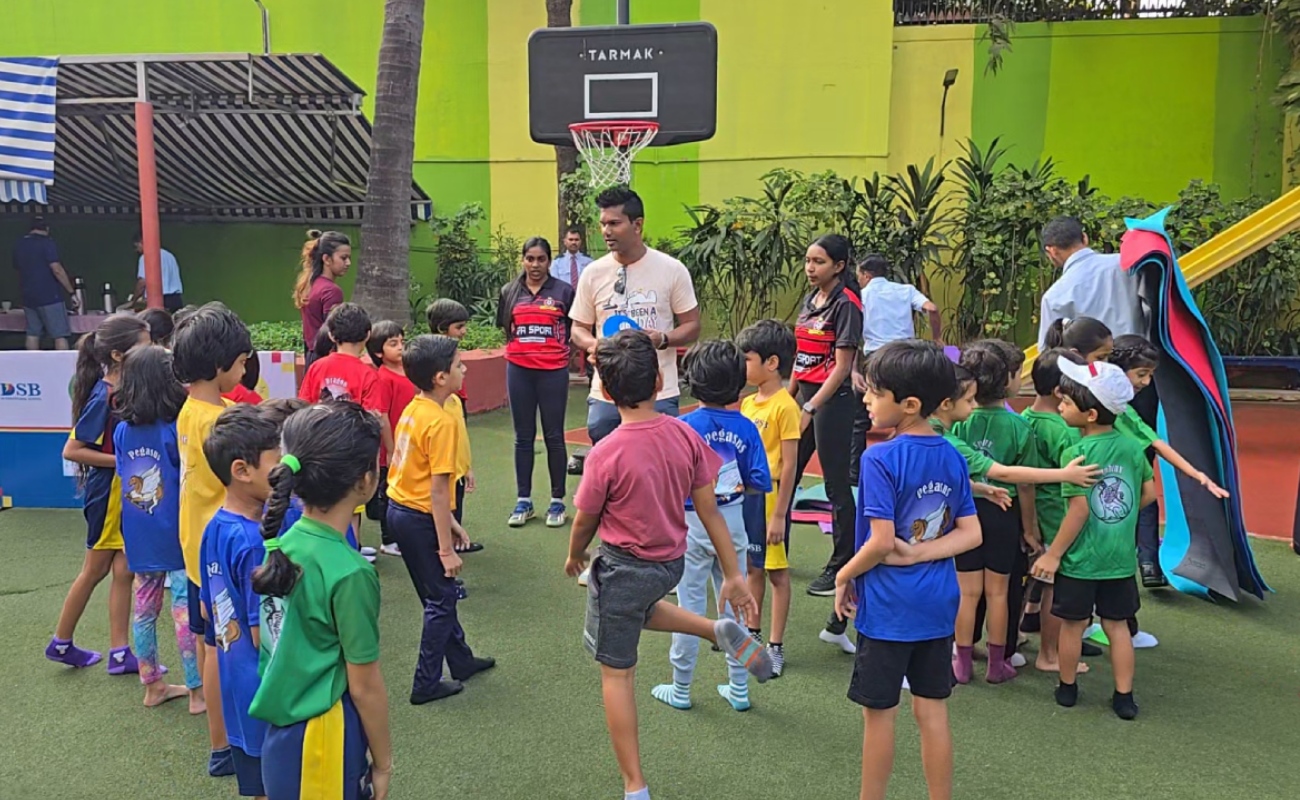Research Tested Ways to Improve Memory and Learning
Memory is the key to learning. In the previous article, why memory is important was discussed; in this article, we will look at research-tested ways to improve memory. There is so much contradictory research and theory flying around the world of psychology and education, with myths and legends that have grown up around memory, so that some things which are thought to be truisms may be un-proven or more seriously, disproven myths.
Memory is a complicated process, made up of interwoven and interlinking brain functions. As shown by the Atkinson-Shriffin model (1968), there are three step which are necessary to form a lasting memory or to form lasting learning.

Helping the creation of memories – working memory
In a simplified manner, memories are made when the brain send an electronic pattern associated with the event that a person is experiencing creating connections. The strength of that connection is dependent on how vivid the experience is, or if there are any associated senses or feeling that go with the event. We create the strongest connections when we are extremely happy or extremely sad.
Research-Tested Ways to Improve Memory and Learning, Number 1: to make the memory stronger make sure feelings are activates such as humour, sadness (sympathy for a character or situation), happiness or enjoyment. Use the sensory memory.
When a memory or learning is created it rests in the short-term memory or working memory for less than a minute. If it is not useful, then the memory is let go. If it is a useful memory then it follows the next stage of the process.
Research-Tested Ways to Improve Memory Number 2: make memory or learning meaningful by relating it to something that you are interested in or by having a reward.
Consolidating the memory – long-term memory
Once a memory or thought is made, if nothing further is done then that memory will disappear. Consolidation is the process of moving the memory from the short-term memory to the long-term memory (anyone remember Dory from Finding Nemo?), so that the memory can be recalled later. Much of this process happens during sleep, as the brain recreates the same patterns of brain activity to strengthen the synapses.
Research-Tested Ways to Improve Memory and Learning, Number 3: sleep is hugely important. Make sure that everyone understand the importance of sleep, even a short nap can improve memory recall. Sleep deprivation can also inhibit the formation of new memories.
Recalling the memory
Recalling a memory or learning is easier if it has been strengthened over time, as each time we think about it, we repeat the same pattern of brain activity making it a little stronger. Using context cues, may make the previous memory or thought easier to find.
Research-Tested Ways to Improve Memory and Learning, Number 4: use memory prompts such as notes or pictures to help recognition of the memory or learning.
Recognition is thought to be more effective than recall because it requires a single process, in that it is a familiarity decision. Learning or memories which have been re-visited a number of times and strengthened through familiarity are easier to recognise. The learning, thought or memory can then be built upon.
Research-Tested Ways to Improve Memory Number 5: to make the memory or learning stronger make sure that the memory is repeated a number of times.

